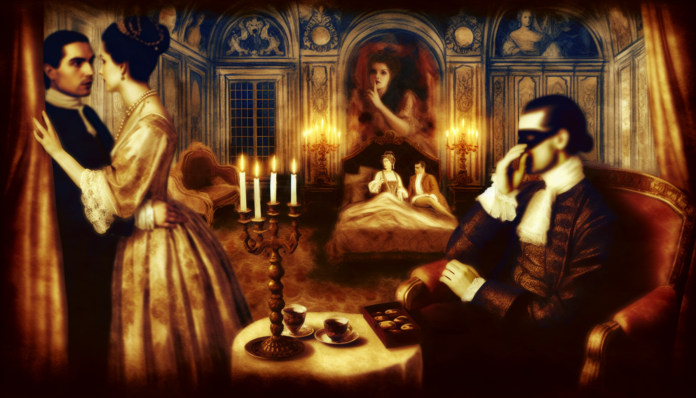Introduction
When one hears the name King Juan Carlos I of Spain, thoughts may turn to his role in transitioning Spain from dictatorship to democracy. However, beneath this commendable veneer lies a shadowy narrative riddled with scandal. At the heart of the controversy is not only a series of extramarital affairs but also a clandestine lifestyle that often danced on the edge of propriety. Set against the backdrop of a nation emerging from decades of conservative rule, this scandal captivated public attention and irrevocably altered the monarchy’s relationship with the Spanish people.
In Spain during the early 21st century, tradition and modernity clashed. While the country was still steeped in Catholic values, a younger generation was eager for openness and reform, setting the stage for a scandal that would reverberate throughout the nation.
The Scandal
The scandal erupted in 2012 when King Juan Carlos, already facing scrutiny over his lavish lifestyle, was embroiled in a controversial hunting trip to Botswana. The trip took an unexpected turn when it was revealed that he had been injured during a lion-hunting escapade while Spain was grappling with severe economic turmoil. This juxtaposition of royal indulgence against a backdrop of financial despair sparked outrage.
- Key Events:
- The king’s trip coincided with rising unemployment rates in Spain, leading many to view his actions as grossly out of touch.
- Amidst public uproar, an audio tape surfaced featuring the king’s alleged romantic escapades, casting a further shadow over his reign.
Public figures and ordinary citizens alike voiced their dissent:
- “While people are struggling to put food on the table, our king chooses to hunt big game!” exclaimed a prominent Spanish politician at the time.
- Wider societal reaction was unified—protest movements began demanding accountability and transparency from the monarchy.
Key Perspectives
National newspapers began to publish accounts of the king’s private life, uncovering a web of affairs and questionable financial dealings. It was revealed that Carlos’ close friendship with influential individuals raised eyebrows, hinting at deeper political repercussions.
Moral and Cultural Analysis
Spanish society was polarized. Many traditionalists defended the monarchy’s historical significance while younger generations cried for reform:
- Consequences for those involved:
- Juan Carlos faced immense public backlash, leading to his abdication in 2014.
- The royal family’s reputation suffered, resulting in diminished support for the monarchy and the democratic framework it represented.
In contrast to how such scandals are perceived today, reactions would likely include a greater push for transparency and accountability:
- Social media’s influence means that public figures no longer can hide behind the veil of secrecy.
- Modern audiences expect immediate and genuine apologies, with some calling for systemic changes in how monarchs operate.
This damaging scandal highlighted a shift in societal values—from a history steeped in tradition and secrecy to a present-day ethos that values authenticity and responsibility. Having once been a symbol of national pride, the monarchy transformed into a cautionary tale reflecting the consequences of unbridled privilege in a rapidly changing world.

